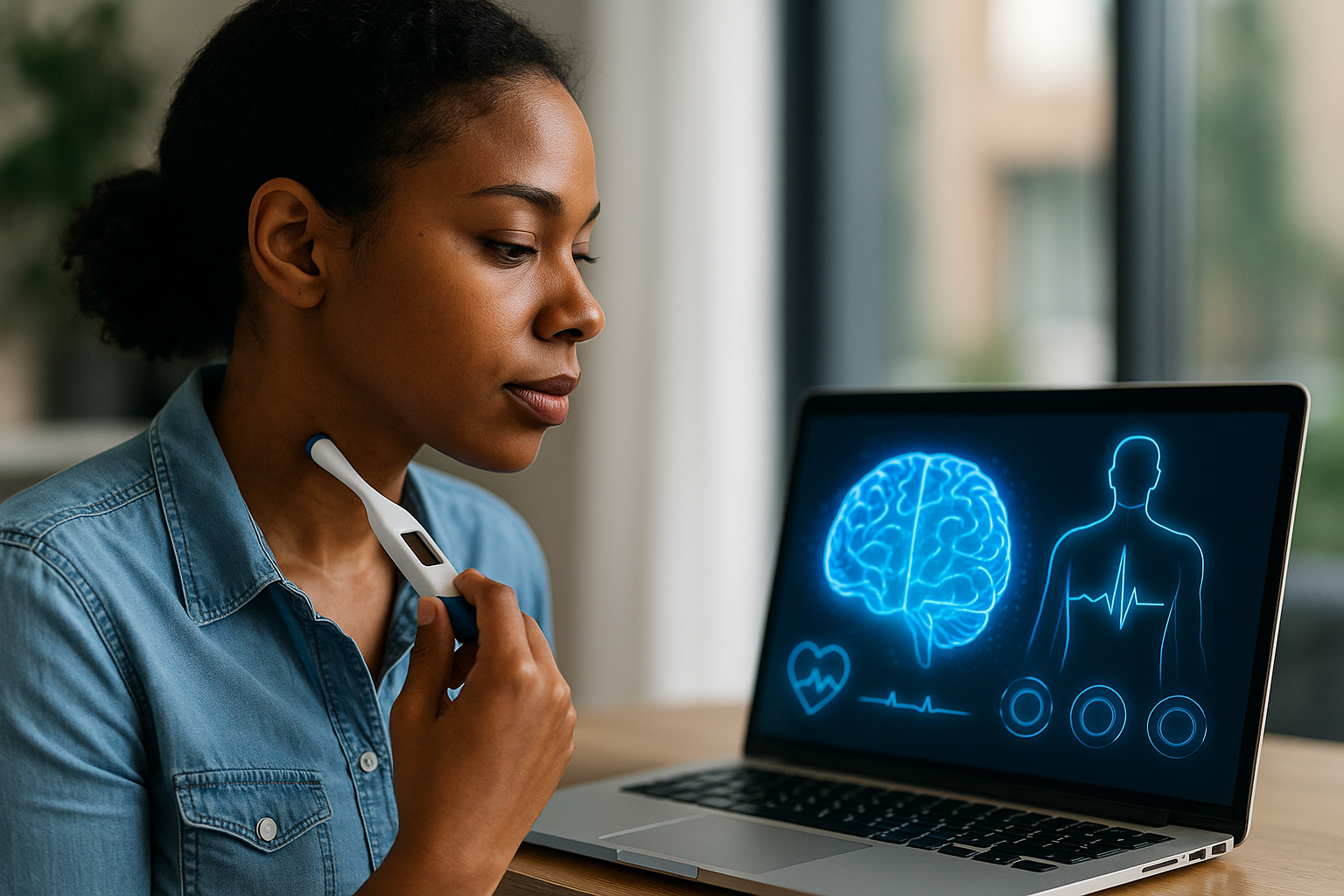Health Goals vs. AI: The Dangers of Being Told What You Want to Hear
The Role of Data Privacy in Health AI

Data privacy is a critical issue in the realm of AI-driven health solutions. As these systems collect and analyze sensitive health data, there is a risk that personal information could be misused or inadequately protected. The pressure to tailor advice to user preferences can lead to invasive data collection practices that compromise user privacy. Ensuring robust data protection measures and clear consent protocols are essential to maintaining user trust and preventing the misuse of personal health information, while still allowing AI to provide valuable health insights.
The Impact of AI Bias on Health Outcomes

AI systems are only as unbiased as the data they are trained on. If the data used to develop these systems contains biases, the resulting AI recommendations can perpetuate or even exacerbate health disparities. For instance, AI systems trained on data that underrepresents certain demographics may provide less accurate or less effective health advice to those groups. This can result in unequal health outcomes and challenges in achieving equitable care. Addressing AI bias is crucial to ensuring that all individuals receive accurate and fair health recommendations.
